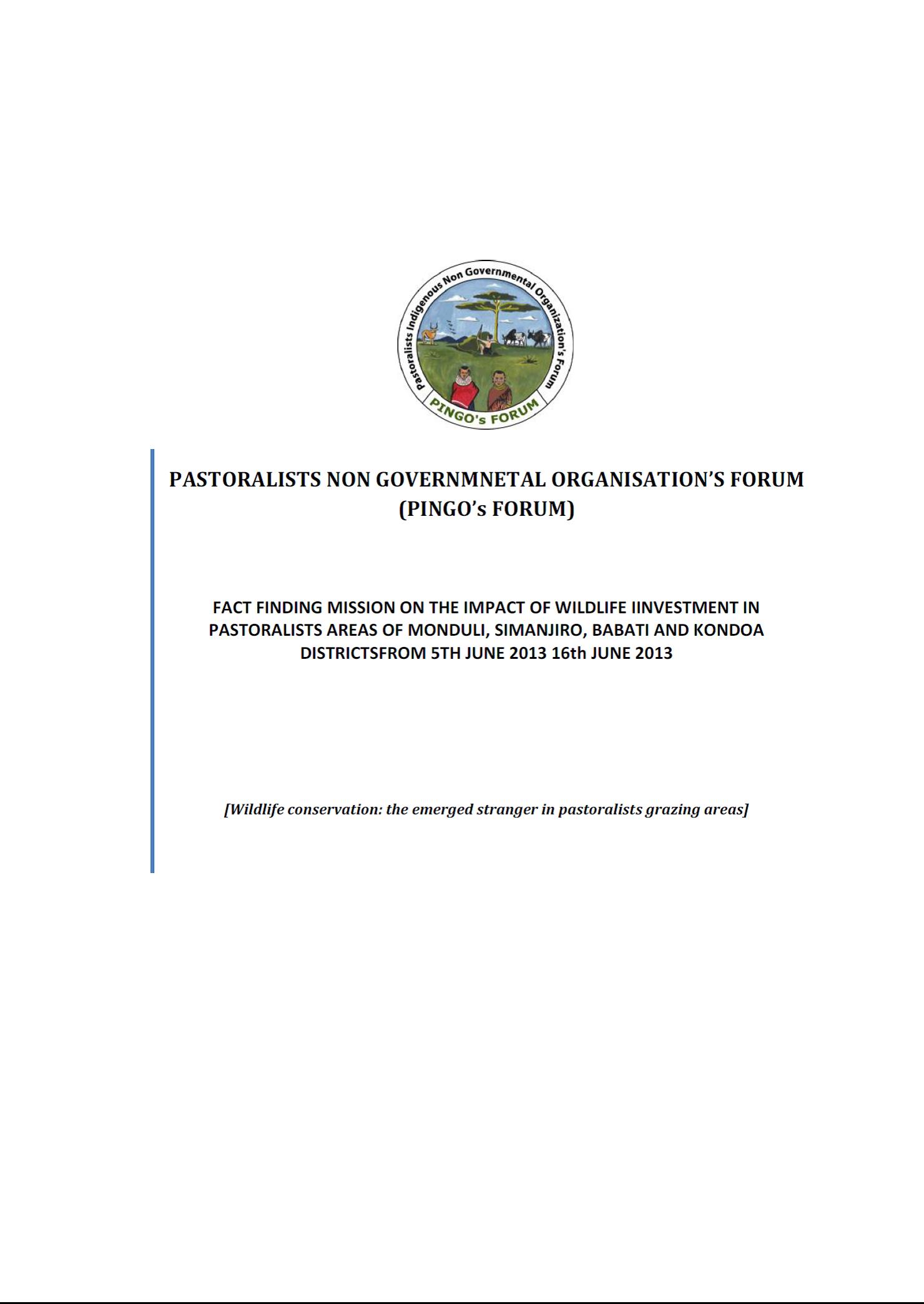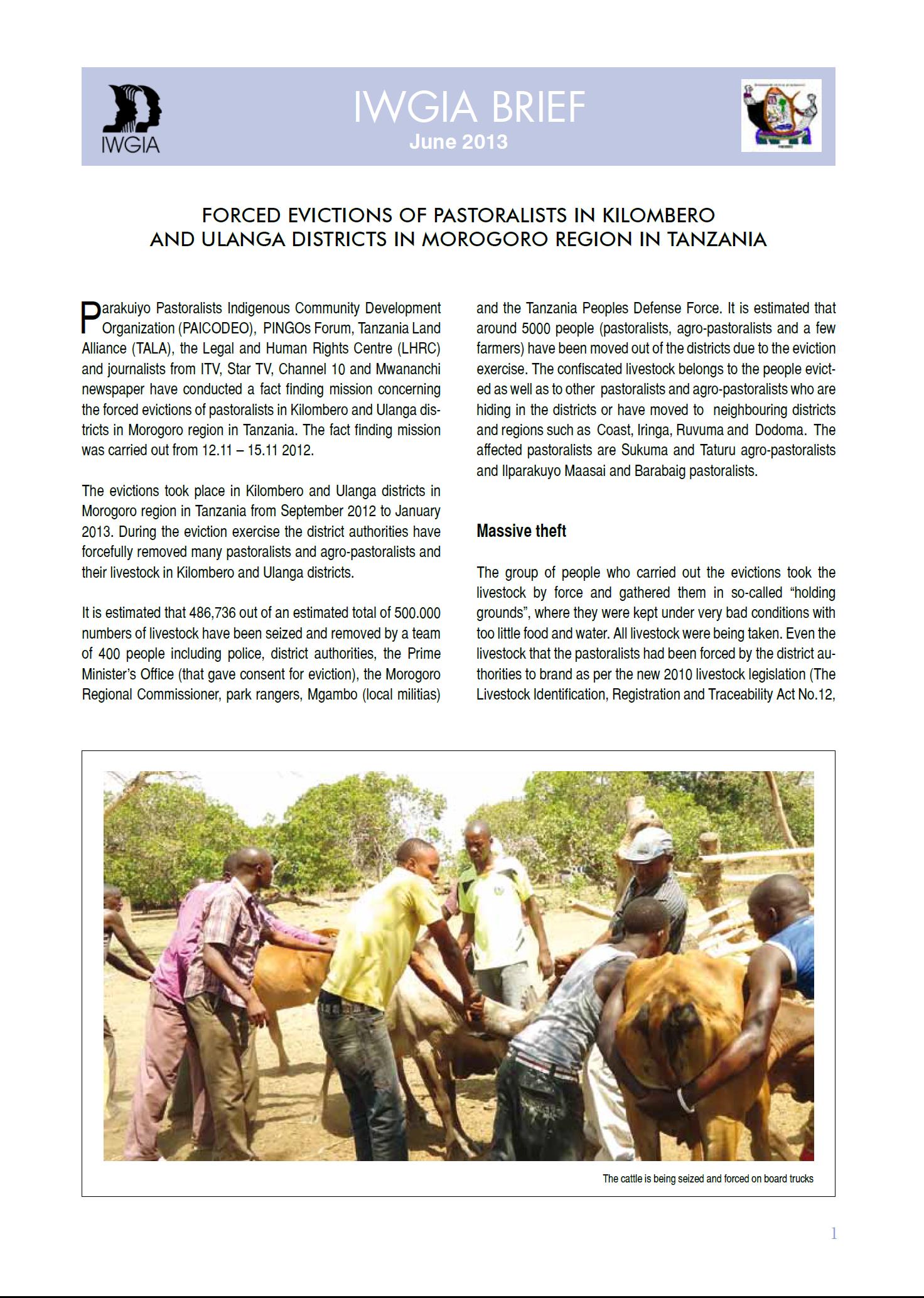Pastoreo del microzooplancton en la Ensenada de la Paz, B.C.S., México
Se analizó el crecimiento de fitoplancton y la tasa de pastoreo del microzooplancton in situ, en una estación fija de muestreo de octubre de 2007 a agosto de 2008, en la Ensenada de La Paz, México, utilizando el método de dilución. La tasa aparente de crecimiento de fitoplancton fue mayor en diciembre con 1,33 d-1 y menor en octubre con 0,35 d-1. La tasa de pastoreo fue máxima en abril con 0,86 d-1 y mínima en febrero y agosto con 0,38 d-1. La presión de pastoreo, medida como el porcentaje de la producción potencial removida (%PPR) fluctuó entre 28 y 76%.





